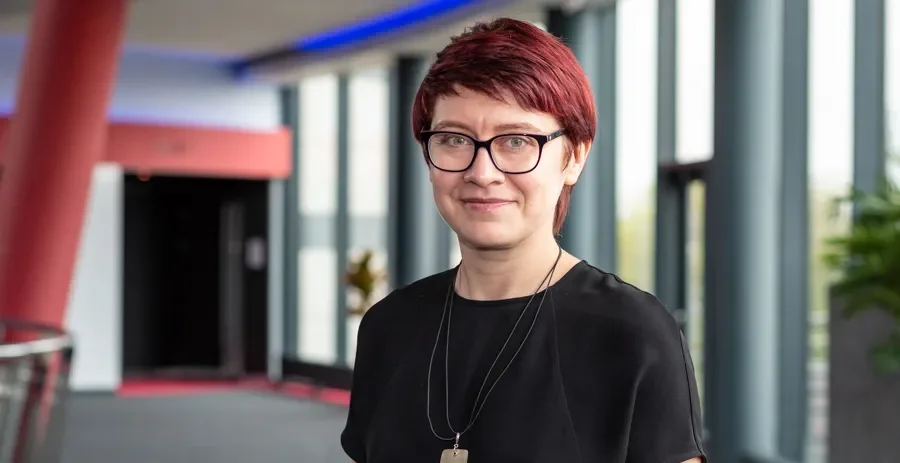

How does digital technology affect protests?
This week’s Spotlight on Research is with Dr. Tanya Lokot, Assistant Professor at DCU School of Communications.
Your research looks at how digital technologies affects protests, can you explain?
“There are a lot of questions about how the use of digital technologies can have an effect on protests. The idea of media affecting how people engage in activism is not new, but what is new with pervasive digital technologies is that people can engage in different ways. They can communicate and engage in new ways that don’t require their physical presence.”
How are you exploring this?
“Weirdly it involves going and talking to people who are involved in protests. I can go online and see how people are representing protests, but I am also finding out from people face-to-face about their experiences and perceptions of technology and whether and how it has affected how they protest.”
Have you focussed on a particular protest?
“Yes. I am from Ukraine, and I did my dissertation on the Euromaidan protest in Ukraine in 2014 while I was at the University of Maryland in the US. I was lucky to be able to capture information from an ongoing protest situation during my studies, and I got ethics clearance to go and talk to people who were involved.”
What kind of digital technologies do people use?
“In my work on the Ukrainian protests and in some work I have done on protests in Russia, it is predominantly social media that is the most visible. But once you get to talking to people you see it’s not all Facebook and Twitter. People were using Google Docs and Calendar in creative ways, people used walkie-talkie apps for groups of drivers and others who wanted to keep in touch in real time in a decentralised way. When you dig into it, you find a lot of the ‘less visible’ media connections, and they are very specific to the context.”
What have you been finding about how people view digital technologies for protest?
“Technology wasn’t the only aspect for people involved in the protests but it was part of it. I was curious about how for some people it gave an opportunity to participate part time, and for others it meant that when the numbers of people involved became too big, it was impossible to manage people face to face but with digital technologies you could still reach people who wanted to help.”
What are you working on now?
“One of the interests I developed from my dissertation was how digital technologies affect the visibility of protests, and how that can be controlled. I also want to see how people perceive being a witness to historical events through digital technologies. And I am looking at how social media affects people’s perception of freedom of speech.”
How did you come to work at DCU?
“I started my career as a journalist in Ukraine, on radio, which is my first love. Then I moved to Internet and online news, and I became curious about how the online environment allowed people to co-ordinate for protests. I did a Masters in Journalism and in 2012 I went to Maryland to do my PhD, then I wanted to come to Europe. English is the only language in Europe where I have enough proficiency to teach, and by chance I saw an ad for a research and teaching post in DCU. They were looking for someone who had an interest in radio. My thesis advisor in Maryland knows Professor Maura Conway in DCU, and Maura had sent her information about the job too. So, I think it was meant to be! I moved here in 2016.”
What subjects do you teach in DCU?
“I teach practical courses, radio journalism, also new media and communications theory. There is no shortage of topics for debate. This year a lot of the focus is on data protection.”
What is next on your horizon with the research?
“I’m interested in marginalised voices. I am working on a grant proposal with a few European colleagues to use humanities and social science to look at culture and politics of public spaces in Europe. I want to explore how asylum seekers and refugees make connections here.”
What do you do to take a break?
“I joined the DCU staff choir this year. I used to sing in the choir when I was at school, and I am enjoying singing again. It’s a great way to stop thinking about work and I get to meet people from all across the university.”
